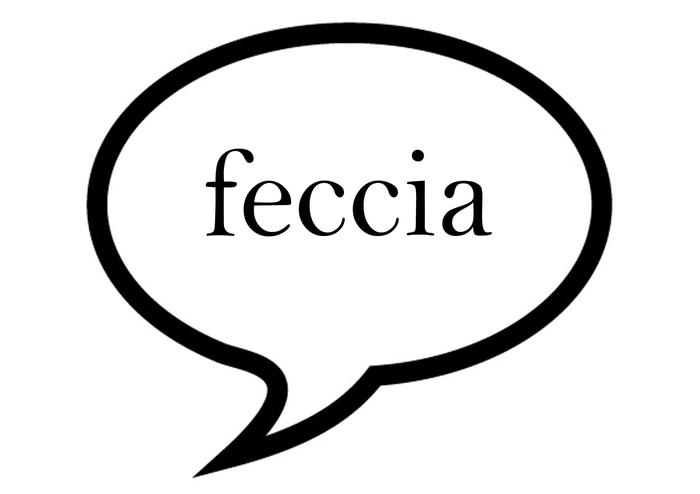FECCIAWho knows what readings he was inspired by or what speeches or songs or even dialogues of films, such as that of My Best Friend's Wedding in which Julia Roberts calls himself scum, Donald Trump would have thought before striking yet another disruptive twittering via Twitter, what he called scum, that is precisely scum, who ransacked New York riding the long wave of the protest following the murder of George Floyd in Minneapolis after the violent arrest by four police officers. In any case, Trump, who for the third time, after 'cowardly' and 'wall' offers us the starting point for the word of the week, chooses that expression with a very specific intent: for him, the violent demonstrators who split windows on Fifth Avenue belong to the lowest strata of any scale of values one wants to conceive. In fact, it combines it with all the other forms of Lowlife, that is essentially criminal life. Where the other forms are the looters, the thugs and the radical left. In this sense, the English expression scum also has the meaning of rogue, rogue, garbage, scoundrel, carrion, lousy. In short, the intent is clear, the meaning rather unique.
Listen to "The word of the week: scum (by Massimo Sebastiani)" on Spreaker.
On the other hand, the origin of the word leaves no room for doubt: it derives from the Latin faecea which is the adjectivation of faex-fecis and indicates the largest and certainly the worst, the least noble part, of liquid or viscous things and which remains on the bottom of a container. So a sediment, a pose. The root, it is hardly necessary to notice it, is the same as feces, that is excrements. But from the words, their history and their transformations we have already learned several times to understand how true the consideration that Walt Whitman had made for humans: 'Do I contradict myself? Yes, because they are vast and contain multitudes' is the aforementioned aphorism and which has had no small fortune. It is worth mentioning at least one other American poet, Nobel laureate Bob Dylan, who just a few weeks ago released a new song with this title, The Contain Moltitudes, and Ed Yong, scientific journalist for The Atlantic, a noble magazine founded in 1857 among others by Ralph Waldo Emerson, it has also become an important website for rigorous information and independent disclosure; Yong has published a book with this title, 'I contain multitudes', and those of which he speaks are the immense colonies of bacteria that inhabit us and above all make us live literally, protect us from diseases or favor them, condition our behavior and are the determining part of what is now universally recognized as the second brain, that is, the intestine.
The gigantic battle between the good and the bad has always been fought between them: it is a very powerful metaphor of reality but also a way to introduce ourselves to the other face, because as we said there is always another face, of the word scum (and sorry involuntary play on words). Which has a decisive role, in a positive sense, on one of the most noble products of man, wine and in particular the production that we associate most of all with luxury, elegance, refinement, exaltation of taste: wines sparkling wines (scum also means foam) and of course champagne. There the lees (in French lie) play a decisive role in the production of all sparkling wines, from those with the Charmat method (i.e. prosecco) to those with the classic method such as Franciacorta, Trento doc, Oltrepo 'pavese and champagne. The yeast for the second fermentation does not die, contrary to what is often said, but loses the ability to reproduce and feed itself and for this reason we talk about lysis (i.e. dissolution) of the yeasts, but remains clinging to life thanks to that minimum percentage of oxygen that remains in the bottle and performs a decisive action because 'eating', so to speak, that oxygen not only prevents it from going to oxidize the wine, generating unpleasant hints (it protects it like a Batman coat), but adds aromas, structure and body. So even the last ones, even the waste, even the residues have life. And what a life. Another poet, Fabrizio De Andrè, comes to mind when he sings in Via del Campo that 'nothing comes from diamonds, flowers are born from manure'.





